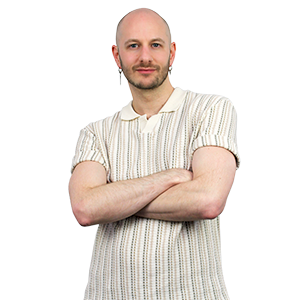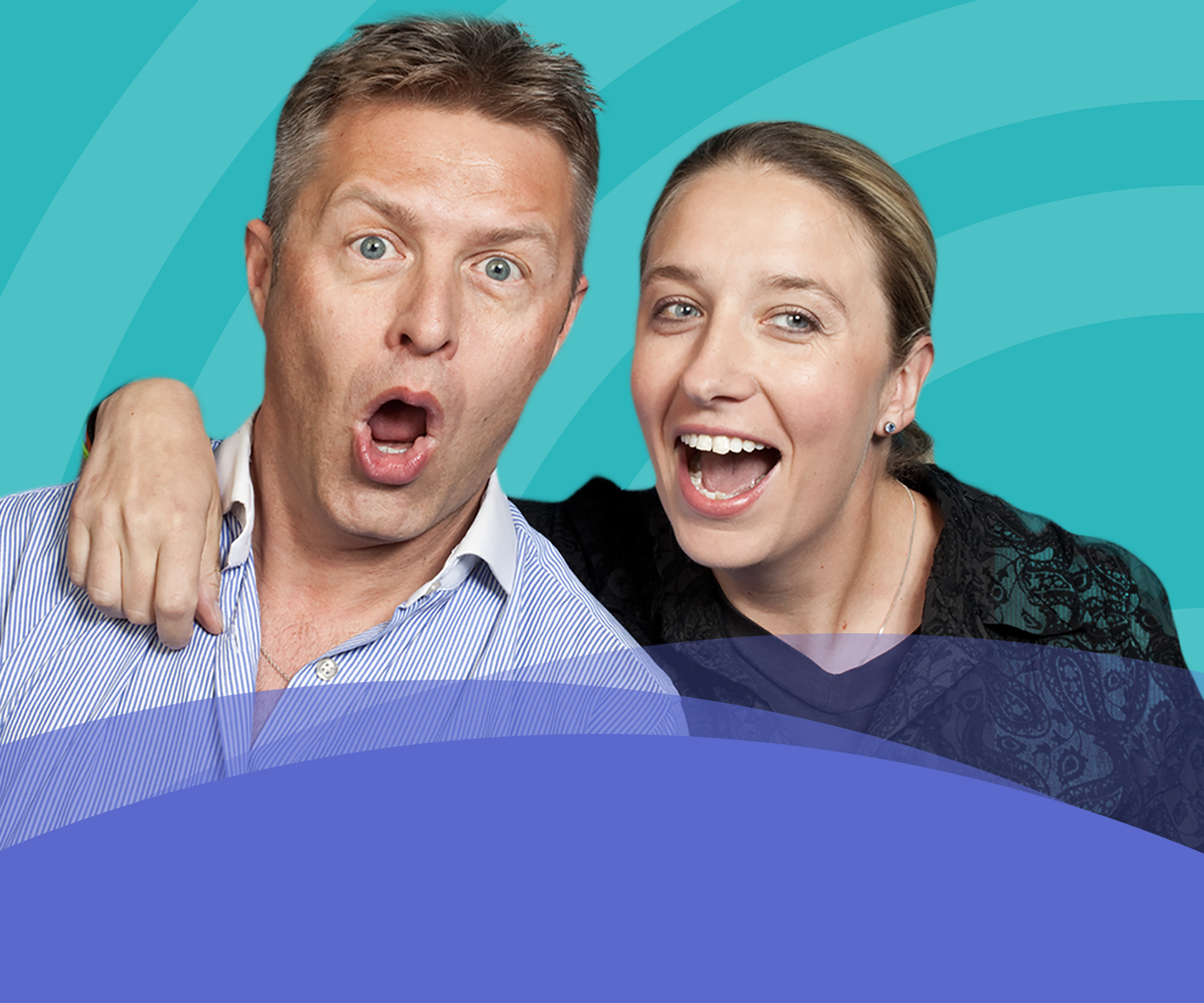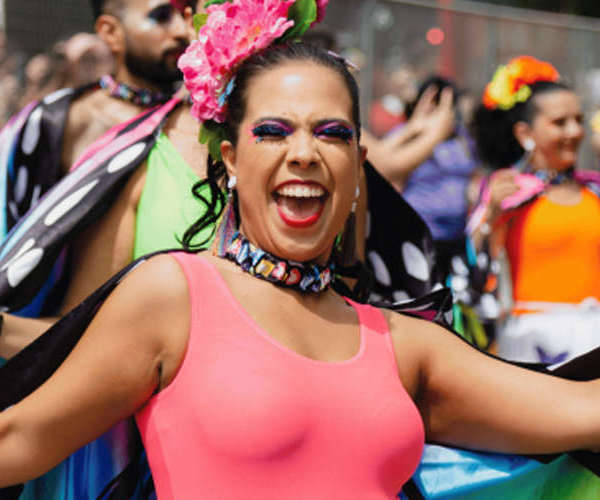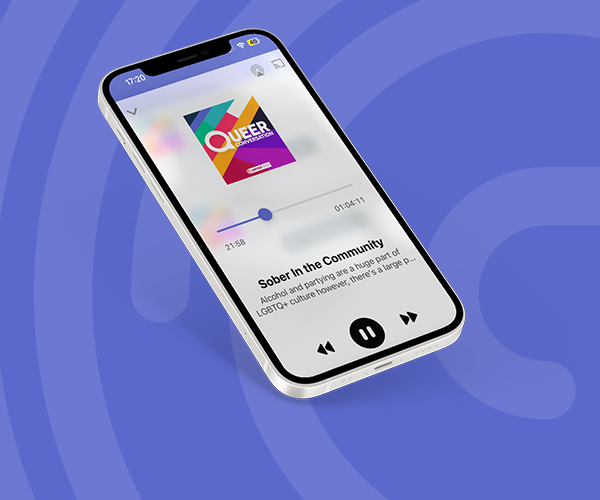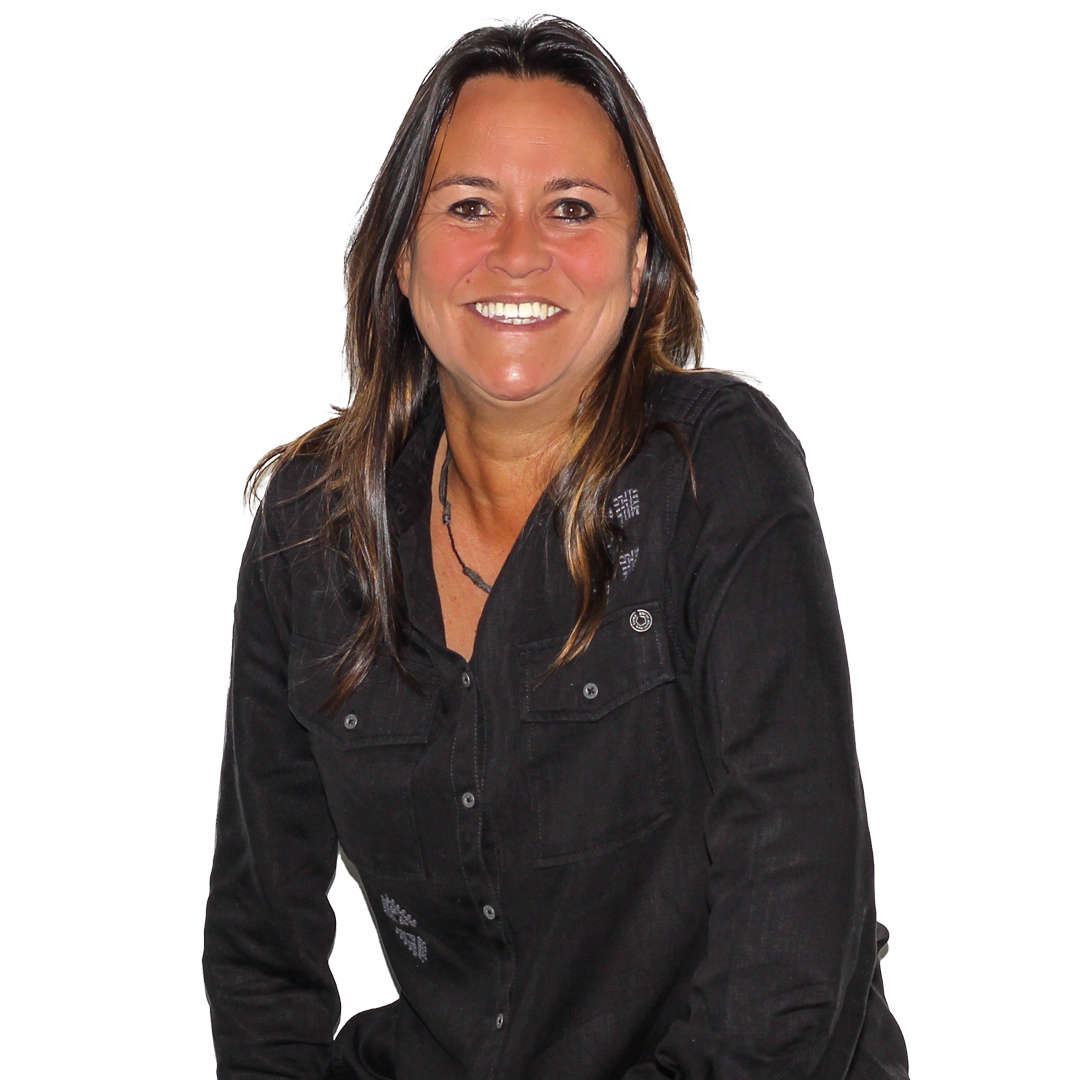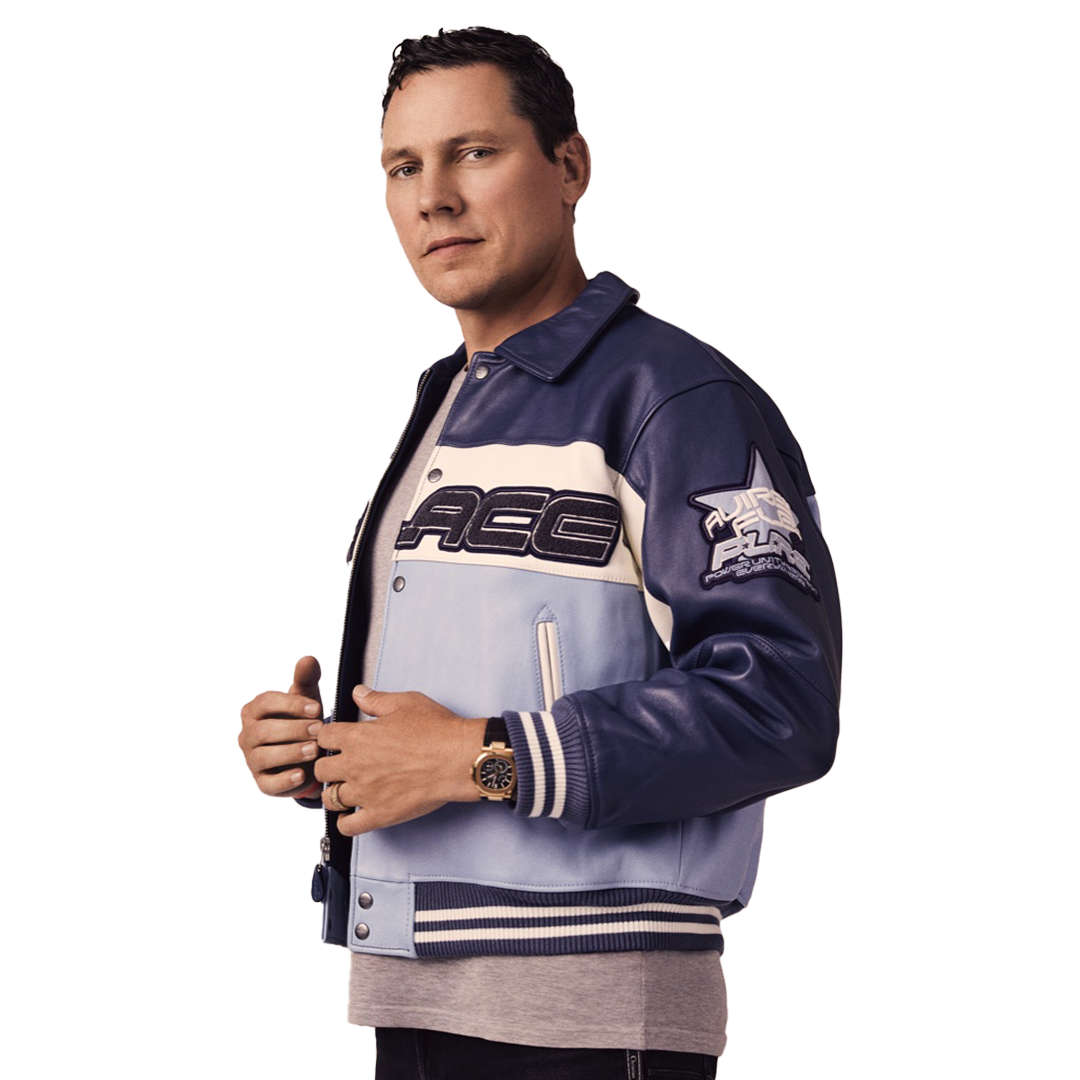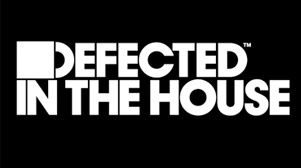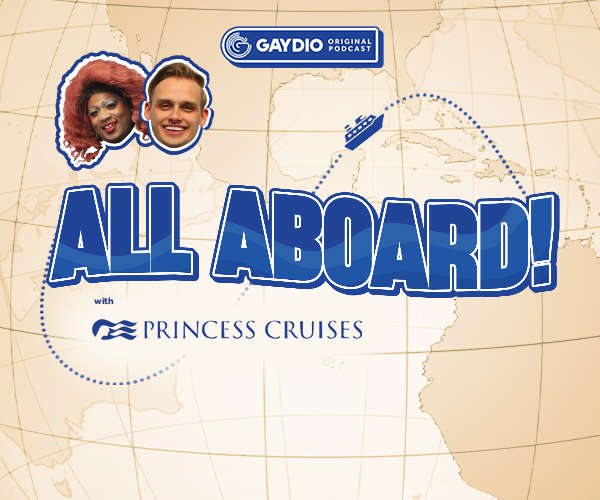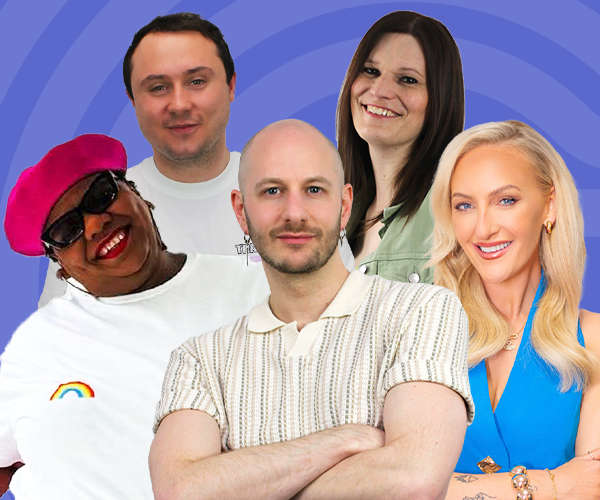Arthur and I
Written by Scott Smith from LGBT+ @Sky.
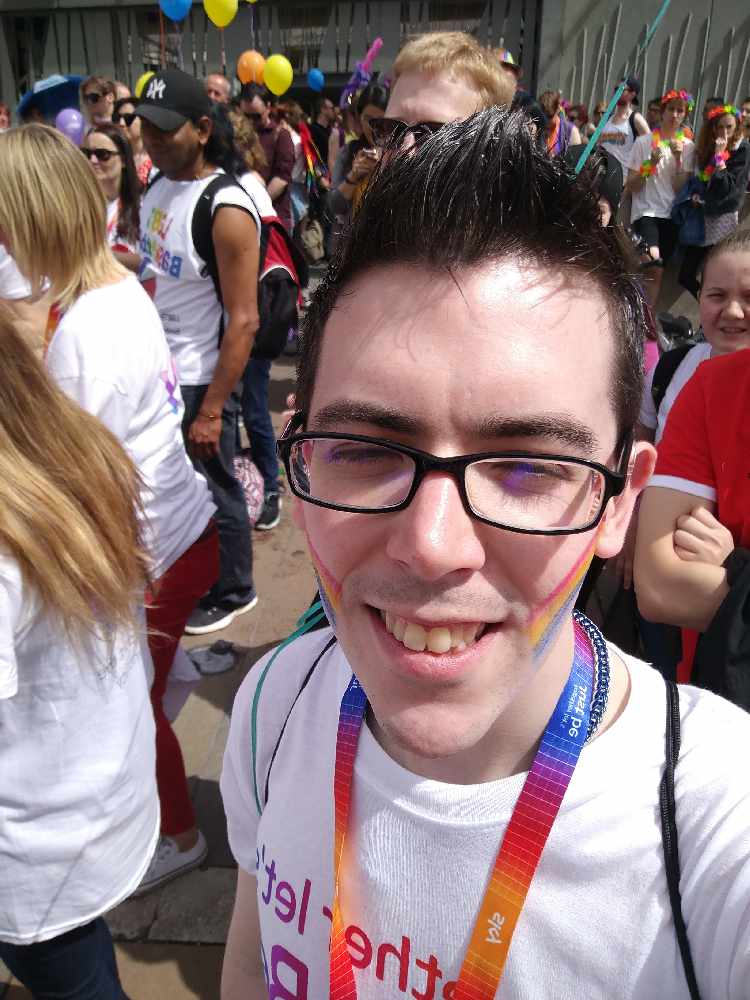 Being diagnosed with an “old persons” disease was enough of an issue in life, but allowing that to sit peacefully beside my sexuality has been a long and interesting journey.
Being diagnosed with an “old persons” disease was enough of an issue in life, but allowing that to sit peacefully beside my sexuality has been a long and interesting journey.
I don’t remember the diagnosis, it just sort of happened. To be fair, I was all of 6 years old when the Physiotherapist noticed that my joints were warm and swollen to the touch before officially confirming with the usual blood tests that I did indeed have Arthritis. Juvenile Idiopathic Arthritis (JIA) to be precise, though you’ll sometimes hear me call it ‘Arthur’.
For my parents, it was yet another thing wrong with me on top of the issues walking, balancing, talking and so on. I won’t bore you with the full list but I will add a little ray of sunshine that many of you will hear a lot these days – it got better.
As I grew up, I learnt to cope in different ways to deal with different situations. My turning into a teenager was when everyone started to notice the affect that having a disability was having on me on top of all the other things that were also going on at that time health and home wise.
It’s little wonder that I started closing myself off to those around me.
Then boys happened !!
It took until I was 15 before I even fully understood what “gay” even was and how it related to me. Suddenly noticing guys as attractive? I’d always assumed I was simply too shy, just had no interest in sex or girls, or that I was just a little “late for that particular bus” – I’d get the next one wouldn’t I? In any case my excuse was adaptable for whatever elderly relative was asking at the time.
In a way I feel I’ve been lucky. With great friends and a supportive family, coming out was relatively easy, and though there were some awkward conversations, most people were perfectly happy to realise that I wouldn’t change – waddle and all. It started with a couple of close friends in 5th year at high school, which went really well. After that, most of the time I came out by accident, usually with a wee drink involved (and a packet of biscuits, but that’s another story) but I remember telling my Mum who was one of the last people I properly felt the need to “come out” to. After all the build-up and nerves she just said “that’s great, thanks for finally telling me, I’ve known for ages! Now, what do you want for dinner?”. In an instant the weight on my shoulders disappeared and it felt amazing.
I won’t lie though, hearing all the slurs and being one of the few people I knew to actually read the news at that age I was terrified of what might happen to me. I was also a freak in my own eyes, an attention seeker – why did I have to be gay and disabled? Wasn’t one issue enough for me?
Looking back now, that line of thinking all seems ridiculous but at the time and in that moment it was hard to see what life could be like in the future. I’d never had too hard a time at school for having disabilities as they are largely hidden, but coming to the realisation that I’m gay felt like I was putting a target on my head, forcibly making myself different and to me that sort of different was a whole new ball game.
However, I persevered. I came out to everyone (despite the disabilities), made it through uni with a 2:1, was disabled students officer for a year, went on dates, finally got a ‘proper job’ (thanks Sky!) and have met and said yes (no bells ringing just yet) to an amazing big geek of a guy - 9 years this September, I feel so old! Each of these landmark moments were pipe dreams to me as a teenager who never thought he’d make it far with all the baggage strapped to him.
I’m at a point in life now where I’ve come to accept that my disabilities are as much a part of me as my sexuality and vice versa. I don’t always get along with my joints, and I still can’t comfortably hold hands with my partner in public, but like most things in life it will take time for things to change.
To anyone in the same situation, I’d say have patience and do things at your own pace. Try to recognise your limits both mentally and physically and never be afraid to ask for help. To those who aren’t, I hope that this has helped you see that LGBT+ life is even more diverse than it might already seem.
Got a story you want to share with us? Tell us here

